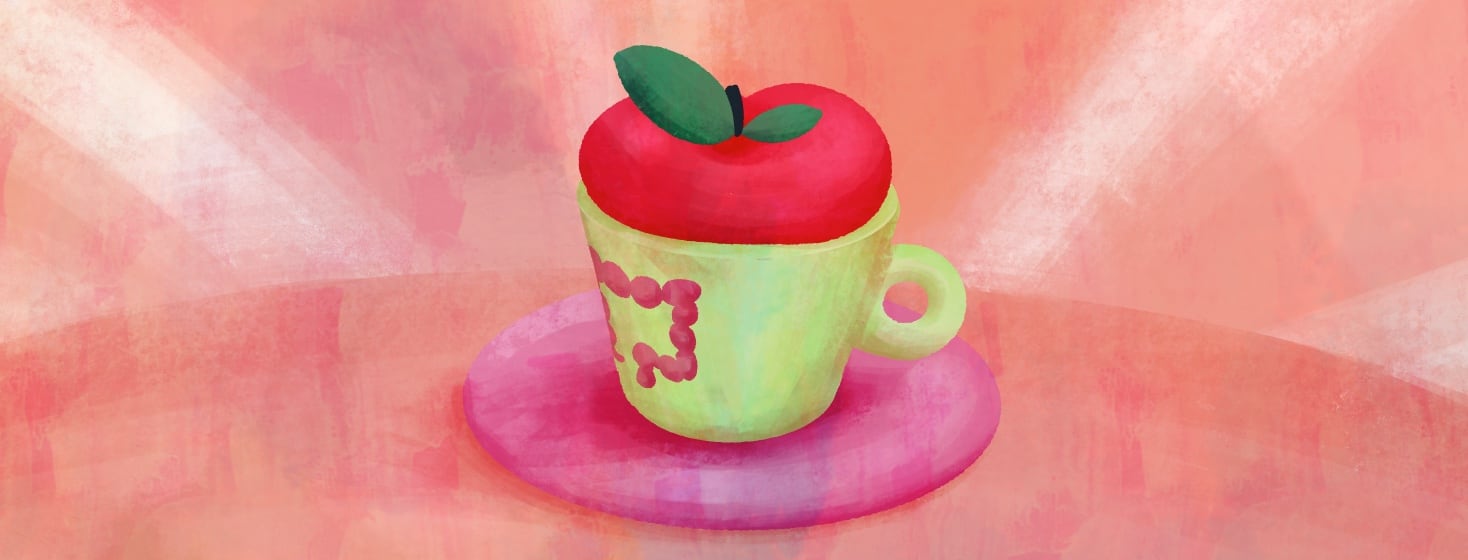Combating UC Fatigue Without Caffeine
Presently, I have a love-hate relationship with caffeine...
Growing up in a South Asian family where tea time is a cultural norm, I began drinking caffeinated beverages from an early age. Unfortunately, after being diagnosed with ulcerative colitis, I can no longer tolerate caffeine in the same way.
Unlike me, some people with UC are able to handle drinking things like coffee. Drinking anything of that nature nowadays triggers my flares. Just one cup leads to abdominal pain and increased bowel urgency. Even worse, it leaves me exhausted.
Featured Forum
View all responsesUlcerative colitis and caffeine
I used caffeine to combat the fatigue that UC brings. Doing so gave me a short burst of energy. The crash that followed soon afterward only brought additional tiredness.
In this situation, I felt trapped in a cycle where I thought that I needed caffeine for energy, but my symptoms from ulcerative colitis progressively worsened. As I entered medical school, I needed to cut out caffeine and obtain a different way of ensuring energy.
Alternatives to caffeine
Admittedly, I Googled "alternatives to caffeine" to find other methods of staying awake and having energy. The suggestions below are purely anecdotal and worked for me. If you'd like to try them out!
In terms of things to eat, I've found that eating an apple works best for me. The combination of chewing on something topped off with the natural sugars present in the fruit allows me to stay awake.
Sucking on an ice cube also helps keep me awake. The cold jolts my brain and distracts it from sleep.
Checking blood levels plus hydrating
It is also important to make sure that your bloodwork is within your doctor's normal limits. When I had iron deficiency anemia, even the simplest of tasks would greatly fatigue me. No amount of coffee or quick fix helped until I received iron infusions.
I also take vitamin D and iron supplements to ensure those levels are at normal blood levels.
Finally, hydration has been key to avoid fatigue in my life post-caffeine. If I feel tired, drinking a glass of water greatly helps. However, I usually forget to drink water throughout the day.
I usually drink 0.25 liters in my 1-liter water bottle every hour. Sometimes, I set alarms to remind myself to drink water. This may not be for everyone, but it helps me to drink a specific amount of water at each hour so that I am consistently hydrated.
Fatigue is a normal part of ulcerative colitis
I learned, most importantly, that I should accept feeling tired as a normal part of life. The sentiment that I need to always be productive is unrealistic. In the past, I drank caffeinated beverages to try and reach that impractical standard.
After quitting caffeine, I learned to listen to my body's natural energy cycle and plan accordingly. For example, I usually reach an afternoon lull after lunch. I now plan less busy tasks around that time of day, knowing that I will not be at peak performance.
What about you all? Do you find yourself extra sensitive to caffeine after being diagnosed with UC or IBD? What alternatives do you have to stay awake and keep reliable energy levels?

Join the conversation